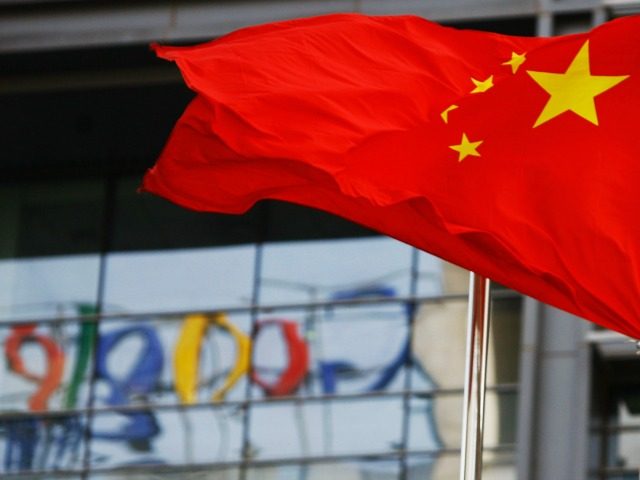Google recently directed its employees to delete a memo revealing confidential details of the company’s development of a censored search engine in partnership with the Chinese government, according to a report Friday at the Intercept.
According to the Intercept, the censored search engine code-named Dragonfly will track users’ locations and search histories; user data will then be available to Chinese authorities. Content deemed “sensitive” by China’s Communist Party will be censored.
The memo’s author, a Google engineer asked to work on the project, wrote: “More than the project itself, I hate the culture of secrecy that has been built around it.”
The memo disputes claims made by Sundar Pichai, Google’s CEO, of Dragonfly being in an “exploration stage” and “not close” to launch. It describes the Google’s joint-project with China as “in a pretty advanced state.”
“The statement from our high-level leadership that Dragonfly is just an experiment seems wrong,” claims the memo’s author.
The Intercept describes Google executives’ response to the memo:
Google leadership discovered the memo and [was] furious that secret details about the China censorship were being passed between employees who were not supposed to have any knowledge about it. Subsequently, Google human resources personnel emailed employees who were believed to have accessed or saved copies of the memo and ordered them to immediately delete it from their computers. Emails demanding deletion of the memo contained “pixel trackers” that notified human resource managers when their messages had been read, recipients determined.
…
Individuals who had opened or saved the document were contacted by Google’s human resources department to discuss the matter. The employees were instructed not to share the memo.
The memo was initially shared on — and subsequently deleted from — an internal messaging service set up for Google employees to raise ethical concerns.
“Leadership misled engineers working on [Dragonfly] about the nature of their work, depriving them of moral agency,” said a Google employee to the Intercept.
Weeks ago, a senior research scientist at Google resigned following what he said was a “forfeiture of our values” via the company’s coordination with the Chinese state. He explained his departure as a means to “avoid contributing to [the] erosion of protection for dissidents.”
Google’s previous company slogan was “Don’t Be Evil.”
Follow Robert Kraychik on Twitter.

COMMENTS
Please let us know if you're having issues with commenting.